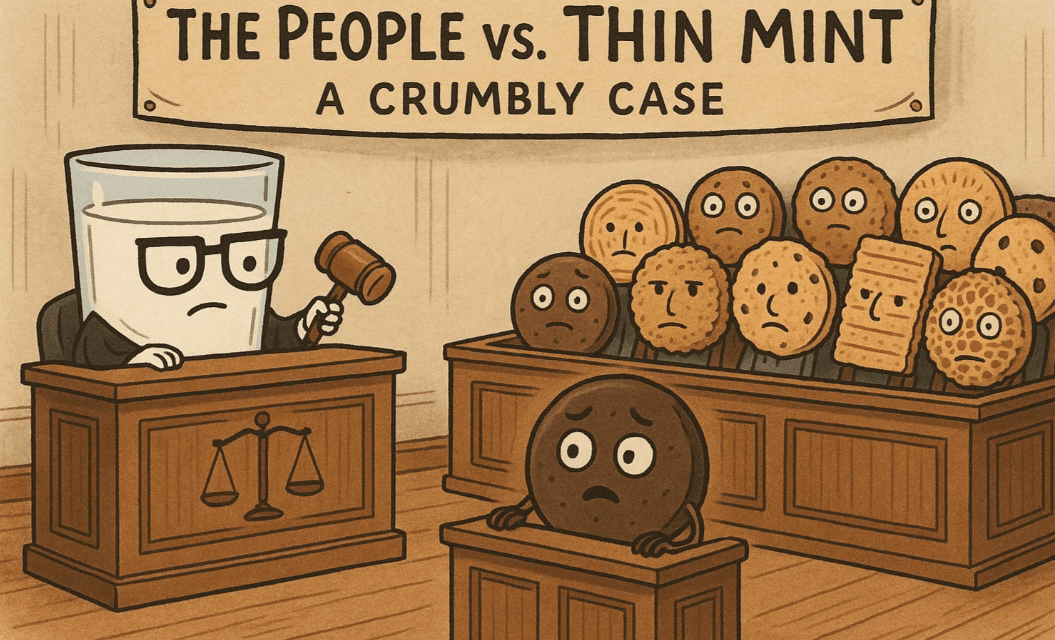In March 2025, a class-action lawsuit was filed against the Girl Scouts of the USA and their licensed cookie manufacturers, Ferrero U.S.A. and ABC Bakers. The suit alleges that certain Girl Scout cookies contain harmful levels of heavy metals and pesticides, raising concerns about consumer safety and product transparency.
Details of the Allegations
The lawsuit stems from a December 2024 study conducted by consumer advocacy groups Moms Across America and GMO Science. The study tested 25 boxes of various Girl Scout cookie varieties, including Thin Mints, Peanut Butter Patties, and Caramel de’Lites, purchased from three different states. Findings indicated that all samples contained at least four out of five tested heavy metals—aluminum, arsenic, cadmium, lead, and mercury—as well as the herbicide glyphosate. Notably, 96% of the samples tested positive for lead, and 76% exceeded the Environmental Protection Agency’s limits for cadmium in drinking water
Legal Proceedings
The initial plaintiff, Amy Mayo, filed the lawsuit in New York, seeking $5 million in damages. However, she later requested dismissal from the case. Subsequently, two other plaintiffs, Danielle Barbaro and Judy Cholewa, were added to the suit, which remains pending in the Eastern District of New York .
Response from the Girl Scouts
The Girl Scouts of the USA have responded to the allegations by asserting that their cookies are safe for consumption and comply with all relevant food safety regulations. They emphasized that heavy metals and glyphosate are commonly found in the environment and are not intentionally added to their products. The organization also noted that the study in question was not peer-reviewed and involved a limited sample size, which may not accurately represent the safety of their cookies .
Expert Opinions
Food safety experts have weighed in on the controversy, highlighting that trace amounts of heavy metals and glyphosate are prevalent in many food items due to environmental factors. They caution against drawing definitive conclusions from a single, non-peer-reviewed study with a small sample size. Moderate consumption of such products is generally considered safe for the average consumer .
While the lawsuit against the Girl Scouts brings attention to important issues of food safety and consumer transparency, it also underscores the need for rigorous scientific research and regulatory oversight. Consumers are advised to stay informed and exercise moderation, while manufacturers must ensure compliance with safety standards to maintain public trust.





